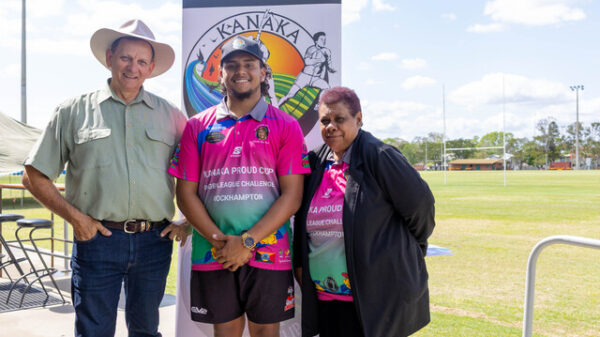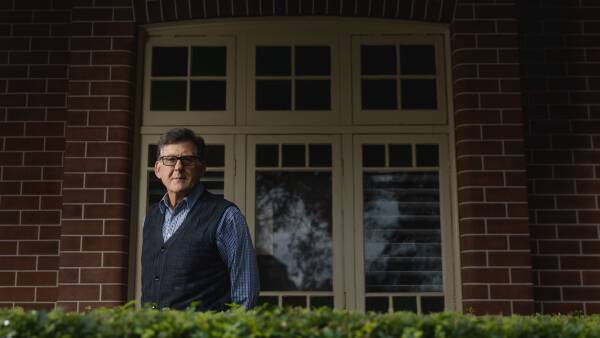URGENT UPDATE: A groundbreaking study from CQUniversity reveals that the popular children’s show Bluey is not just entertaining but also teaching vital lessons about resilience. Psychologists analyzed all 150 episodes, confirming that this animated pup is a powerful tool for helping children navigate life’s challenges.
The study highlights that nearly half of the episodes contain explicit messages about resilience, demonstrating how children can cope with setbacks. In a world where over 25% of primary and 33% of secondary students reported high levels of psychological distress in a recent survey of 140,000 students, these insights are crucial.
Bluey, which first aired in 2018 and has become Australia’s most successful children’s program, uses relatable storytelling to model emotional regulation, problem-solving, and empathy. This is especially important as children face increasing mental health challenges today.
In their analysis, researchers utilized the Grotberg Resilience Framework, identifying three key elements of resilience: I have (support systems), I can (practical coping skills), and I am (inner strengths). Over 73 episodes showcased resilience themes, often facilitated by Bluey’s caring parents.
“When caregivers model how to acknowledge distress, children learn to manage negative emotions effectively,” said Bradley Smith, Senior Lecturer in Psychology at CQUniversity.
One notable example occurs in the episode “The Show” from season two, where Bluey’s mother gently guides Bingo through emotional distress after an accident, illustrating the importance of emotional coaching. In another episode, “Keepy Uppy,” Bluey and her sister demonstrate emotional resilience by reframing disappointment into a positive experience.
The findings suggest that parents who watch Bluey with their children can turn viewing into valuable conversations. Questions like “What do you think Bluey felt?” can help children process their emotions and build the coping skills necessary for healthy development.
This research not only underscores the impact of children’s media on resilience but also serves as a reminder for parents to engage actively with their children’s viewing experiences. As children continue to face a rapidly changing world, shows like Bluey can play a pivotal role in fostering essential life skills.
With the urgent need for resilience-building in today’s youth, the insights from this study are more relevant than ever. Parents and educators are encouraged to leverage these findings to support children in developing their emotional and coping skills.
Stay tuned for more updates as researchers continue to explore the impact of media on child development.


































































